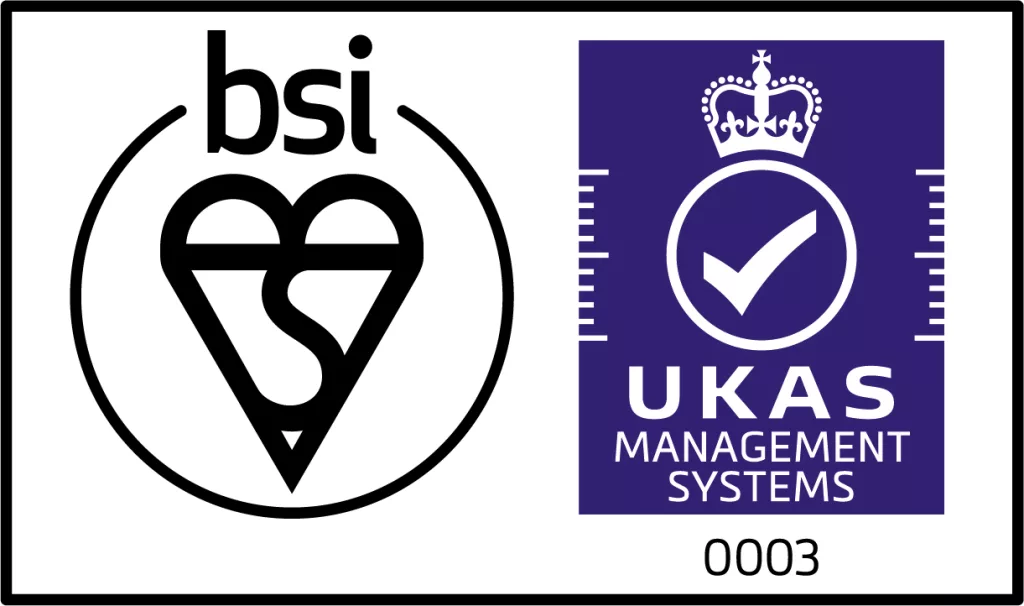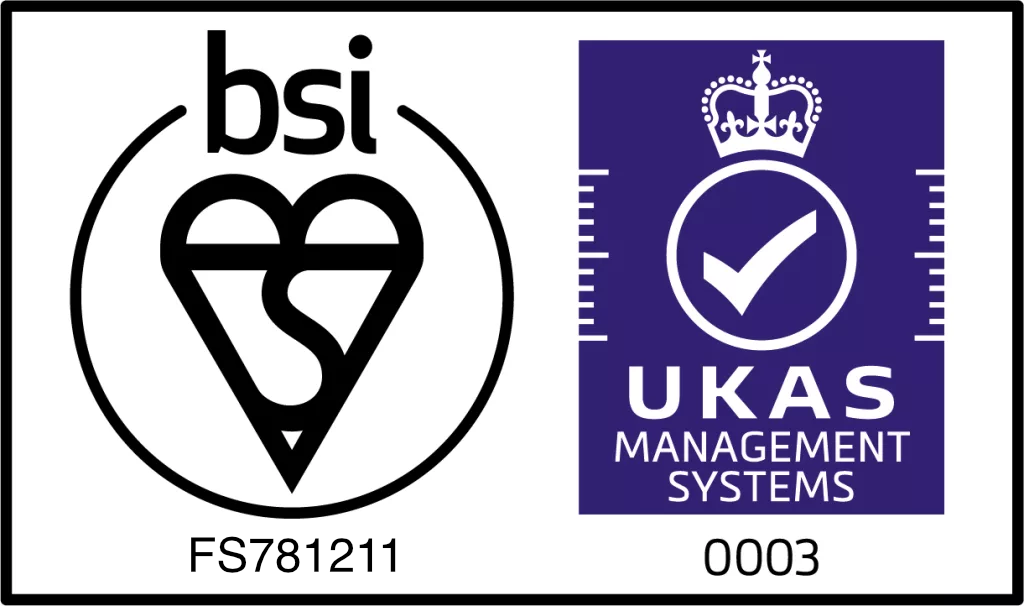
Something that can easily be overlooked when producing a programme is the type of contract and how that should influence the way the programme is put together.
Firstly lets have a look at the options:
Option A – Priced contract with activity schedule
Option B – Priced contract with bill of quantities
Option C – Target contract with activity schedule
Option D – Target contract with bill of quantities
Option E – Cost reimbursable contract
Option F – Management contract
For the purpose of this blog I’m going to focus on options A-E.
First of all I’m going to add the caveat that this is by no means a full and thorough list, this is a brief guide on how the contract influences the programme. If you need full and through assistance then get in contact (details at the bottom of the page).
Option A and Option C contracts both have activity schedules. With an Option A contract you will only be paid for an activity schedule item once it is complete. Its therefore imperative that this is taken into consideration when producing the programme. It may be necessary to break some of the longer activities down into smaller sections to ensure items can be claimed within the monthly application.
Option C contracts are also activity schedule but under the target type contract the payments are based on the cost plus free for the month. This means the necessity to break the activities down to ensure payment is less important than within an Option A contract. Its still important that the activity schedule is referenced back to the programme for a value point of view.
Option B and D contracts are both bill of quantities. For these types of contract it is a good idea to have the quantities included within the programme. On bill of quantity contracts the time and cost can be adjusted depending on the actual measure.
Option E is a cost reimbursable contract. This does not mean that a programme is not needed. The contract still requires the same provisions for time. Option E contracts are often selected when there isn’t a clear definition of the scope so these programmes will need to be continually reviewed and additional scope added.
Its also very important to remember that the risk profile of each contract is different and broadly speaking as you move from Option A → E the risk that the contractor holds decreases. An Option A contract would therefore need to include for more risk provision within the programme than an Option D programme (for instance risk on the measure).
So to answer the original question, “should the option of NEC contract change how a programme is produced and presented?” – Yes it should.
How often is this the case – Well not enough. If your working to an Option A contract where there is a disconnect between the programme and the activity schedule in the contract then beware. This is a huge risk. Less so with an Option C as your cashflow is at less risk under this option.
If you want any assistance with producing NEC compliant programmes then get in touch.
Planetal provides Tendering, Delivery Planning and Forensic Delay Expert Services to the construction industry. For more information on how we can help click one of the links below:
Forensic Delay Expert Services
For any further information or to discuss any programme requirements contact us on:








